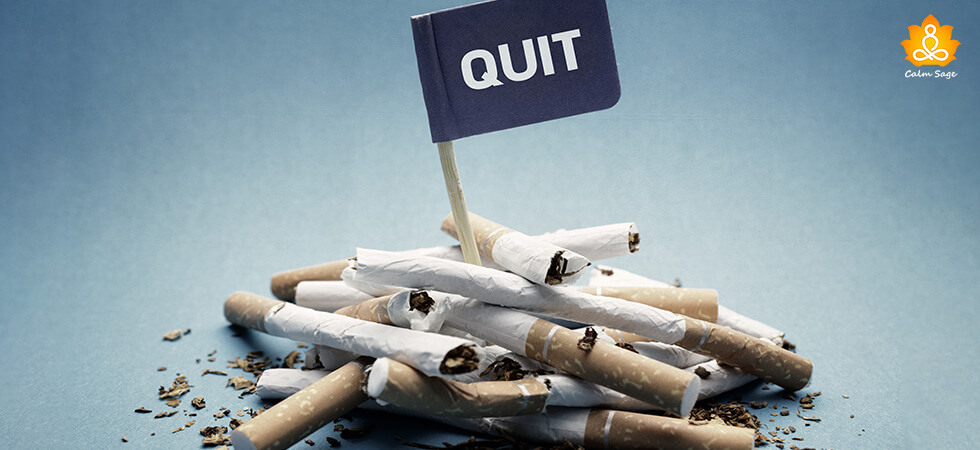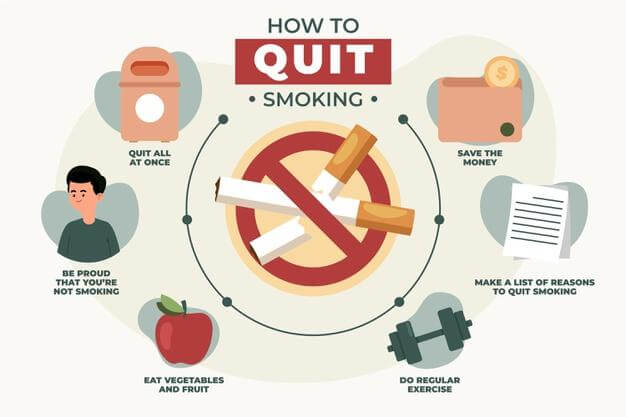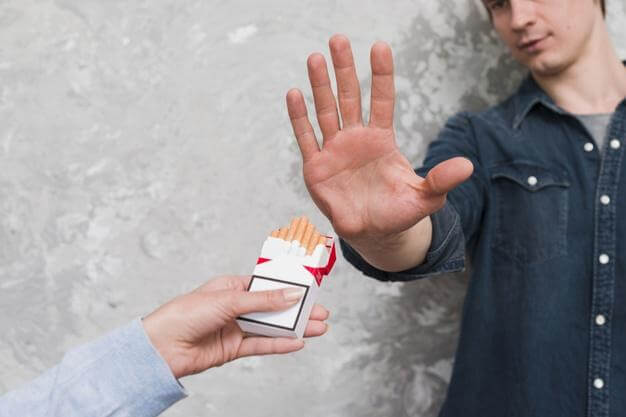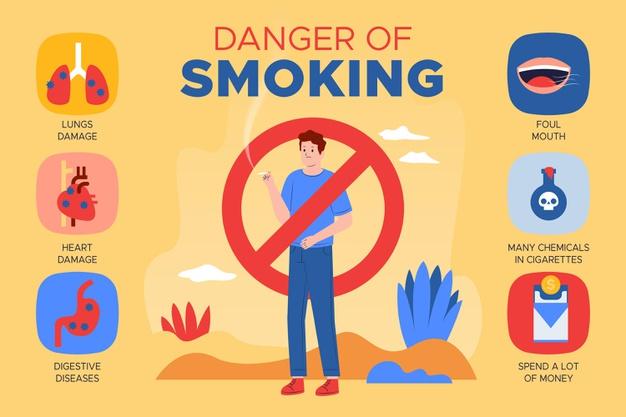Scientific Health Benefits Of Mindfulness-Based Stress Reduction

Mind is a muscle, the more we exercise it, the stronger it gets – what a wonderful way to explain mindfulness, right? Mindfulness is the state of being aware of the present. One of the techniques that help in stress and anxiety reduction, mindfulness has many benefits.
In this article, however, we’ll be exploring what mindfulness-based stress reduction technique is and how can it benefit our minds and bodies.
Let’s begin by learning what exactly does MBSR or Mindfulness-Based Stress Reduction involves.
What Is Mindfulness-Based Stress Reduction Technique?

MBSR therapy is a technique that combines mindfulness meditation and yoga to address our inner self – thoughts, feelings, and actions – to reduce stress and induce feelings of calm and relaxation.
Developed in the 1970s by Dr. Jon Kabat-Zinn, MBSR is an eight-week program designed to teach mindfulness meditation and yoga. With MBSR mindfulness meditation, you learn how to cultivate self-awareness in the present moment, and by increasing your awareness, you learn how to reduce your stress, emotional reaction, and increase calm.
Also Read: Self Awareness: Meaning, Types, Traits, Activities For Adults & Kids, And More
Mindfulness stress reduction therapy can help people struggling with issues such as:
Benefits Of Mindfulness-Based Stress Reduction (MBSR):

There are some scientifically proven benefits of MBSR that you should consider:
Mindfulness-based stress reduction technique can help in:
1. Relieving Chronic Pain
In a study published in 2010, it was found that practicing mindfulness-based stress reduction can help in relieving chronic pain and better mental and emotional well-being. Regular MBSR therapy can also help in reducing migraines, headaches, and can also improve the health of people with arthritis.
Also Read: How To Release Emotions Stuck In Your Body & Relieve Pain
2. Reducing Stress
If you practice mindfulness-based stress reduction techniques, you have a better chance of reducing anxiety and stress. MBSR therapy can also help in increasing empathy. Mindfulness stress reduction has also been proven to decrease symptoms of depression in youths.
Also, Read Types Of Empathy You Need To Know
3. Improving Sleep
There have been some research studies that suggest that mindfulness stress reduction can help reduce excessive worrying that is one of the most common causes of sleep problems. However, there is more research to be done regarding the link between sleep and MBSR therapy.
Also Read: Relax Yourself: Here’re Natural Home Remedies For Good Sleep
4. Preventing Depression Relapse
Another mental health benefit of mindfulness-based stress reduction is that it can help prevent you from a depression relapse. MBSR focuses on reframing negative thought patterns, so practicing it can prevent negative thoughts from developing.
Also Read: Well-Being Therapy: A Resort For Relapsing Depression?
5. Improving Cognitive Health
Practicing mindfulness stress reduction can improve your cognitive health. MBSR therapy can help improve speech fluency, boost mood, improve visual coding, and boost memory.
Also Read: RAIN- Mindfulness Tool to Deal With Your Overwhelming Emotions
Common MBSR Exercises

Some of the most common and popular MBSR exercises are:
According to Dr.Kabat-Zinn, there are seven attributes of MBSR therapy:
- Non-Judgment: assuming the mind as an impartial witness
- Patience: allowing yourself to have time and space to experience everything
- Mindset: a mind that is willing to experience everything for the first time
- Trust: trusting yourself and your experiences
- Non-Striving:practicing simply being and abstaining from the sense of trying to get somewhere
- Acceptance: seeing or taking things as they are or as they come
- Letting Go: releasing control and letting ourselves experience the moment
Related: 6 Effective Stress Management Techniques | Vanish Your Stress at a Snap
Final Thoughts

Experiencing stress in our daily lives is a common occurrence and more often than not it can feel overwhelming with no way to escape. While there are other ways to relieve stress, mindfulness is one of the most beneficial of all.
MBSR therapy is an eight-week program developed by Dr. Jon Kabat-Zinn and it primarily focuses on mindfulness meditation combined with yoga to help reduce stress, induce relaxation, improve focus, along with other benefits.
I hope this article helped you understand what is mindfulness-based stress management and the benefits of mindfulness-based stress reduction therapy.
“Meditation brings wisdom; lack of meditation leaves ignorance. Know well what leads you forward and what holds you back, and choose the path that leads to wisdom.” – Buddha
If you’re considering MBSR therapy, then it is recommended that you reach out to a qualified professional for further consultation. If you have a health issue then please consult your physician before practicing MBSR.
If you’d like to connect with us, you can write to us at info@calmsage.com or follow us on our social media pages.











